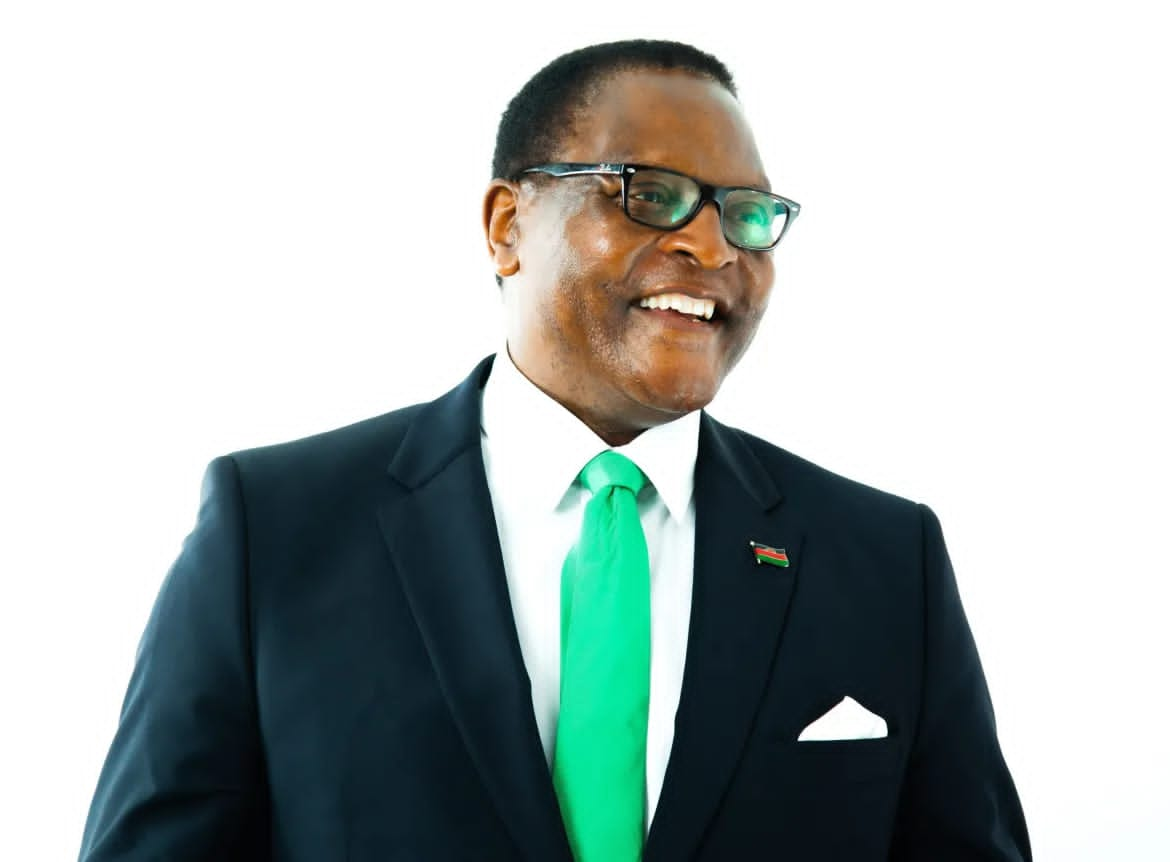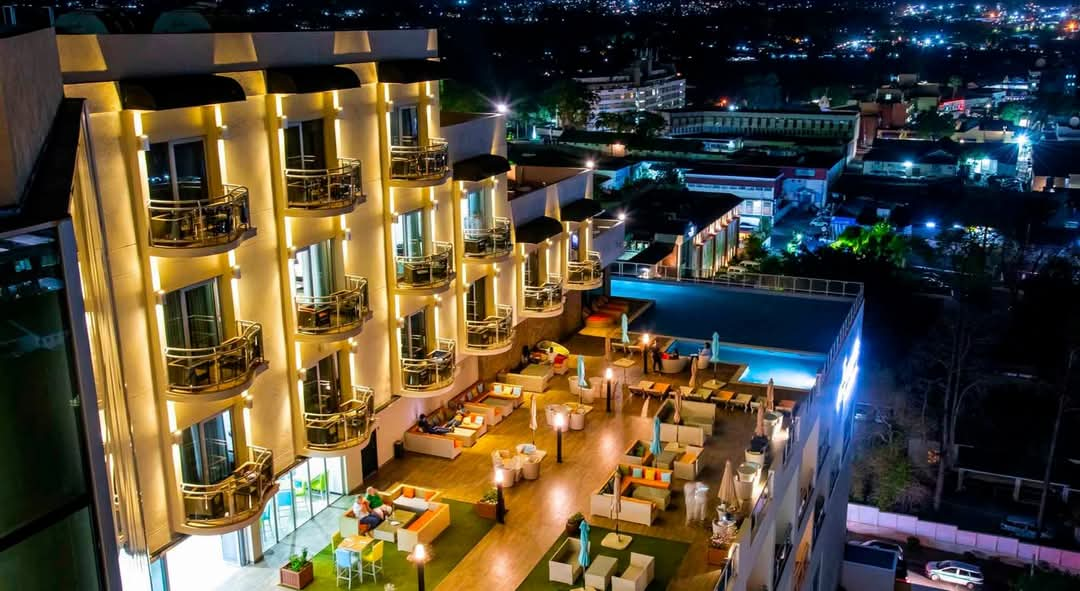When Lazarus Chakwera took power in 2020, Malawians believed they were witnessing the dawn of a new era. He promised servant leadership, unity, prosperity, and an end to corruption. Instead, five years later, Malawi is on its knees—its economy gutted, its people hungrier and angrier than ever, and its future mortgaged to debt and dysfunction.
A Nation in Freefall
Malawi’s economic collapse is unprecedented. Inflation, which Chakwera vowed to tame, now punishes every household, with food prices surging by more than 40%. The kwacha has been shredded by successive devaluations, losing over half its value, while foreign reserves have evaporated. Importers can’t source fuel or medicines. Families can’t afford basics.
Economist Tamara Phiri calls it “the worst erosion of purchasing power in a generation.” Street vendors in Lilongwe describe the crisis more bluntly: “We are working just to eat, not to live.”
The Fuel and Power Breakdown
By 2023, Malawi was literally grinding to a halt. Fuel queues snaked for kilometres, paralysing transport and suffocating businesses. Cyclone Freddy’s destruction of hydro plants plunged the nation into daily blackouts of up to 12 hours. With diesel scarce, generators became useless ornaments for schools, hospitals, and industries already gasping for life.
Climate Catastrophe Meets State Failure
Natural disasters have magnified the misery—but poor leadership has made recovery impossible. Cyclones Ana and Freddy, followed by a devastating drought, obliterated crops and displaced over 650,000 people. Maize production fell by nearly a quarter in 2024; groundnut and soya harvests collapsed by 40% and 35%. The government’s food relief schemes were underfunded and riddled with allegations of mismanagement.
Agricultural expert Peter Banda warns: “We are not just food insecure; we are systemically unprepared for the next shock.”
Debt, Deficits, and Deception
Chakwera’s administration has drowned Malawi in debt—now at 86% of GDP—while running deficits above 9% of national output. His government’s plea for debt restructuring remains stalled, partly because lenders distrust its fiscal discipline.
In February 2025, the United States froze over $350 million in aid, citing concerns over governance and accountability. Hospitals ran out of medicines. Scholarships vanished overnight.
A senior health worker in Blantyre summed it up: “We are sending patients home to die because we have nothing left to give.”
Corruption and Cronyism Unmasked
Chakwera’s anti-corruption crusade has collapsed under its own hypocrisy. COVID-19 relief funds were looted. Fertilizer deals became scandal magnets. Key anti-graft officials were forced out, and whistleblowers intimidated. Meanwhile, family members and loyalists secured top government posts, ignoring gender-balance laws that Chakwera once championed.
Political analyst Grace Mvula calls it “a government that preaches integrity but practices impunity.”
The Human Cost of Broken Promises
The suffering is raw and visible. Unemployment has worsened, pushing youths into desperation and crime. Suicide rates are rising. Hunger stalks rural villages and urban slums alike. Public trust in leadership has cratered; more than three-quarters of Malawians now believe their country is heading in the wrong direction.
In Zomba, a mother of four put it simply: “We voted for hope. We got hunger.”
A Country at the Edge
Five years after Chakwera’s historic win, the “Hi-5” agenda lies in ruins. No million jobs. No shared prosperity. No meaningful fight against corruption. Just a battered economy, a betrayed citizenry, and a government whose excuses are running thin.
Unless Malawi confronts its leadership crisis and rewrites its economic playbook, the next five years could be worse than the last.




